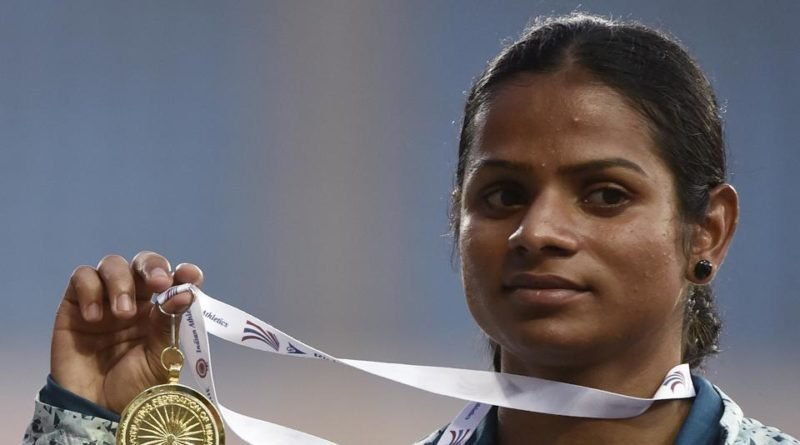We need a level playing field for all women athletes
We know through lived experience that biological sex is diverse. There are chromosomal, hormonal and genital variations, and any classification on the basis of science is exclusionary — especially in sporting events
At a recent discussion on gender and sexuality with a group of school students in Pune, I posed a question: What does being a woman mean? I asked them to list all the attributes they could think of, and categorise them as biological or social. One of the assumptions that we uncovered from the session was the value that we place on science as the final arbiter on matters of sex and gender. While gender is understood as a role ascribed by culture, law, capital and caste, biological sex is not seen as being subject to any of this. We believe what we’ve been told about chromosomes, genitalia and hormones that neatly separate the sexes. We believe the truisms that arise from this neat categorisation: males have more musculature and physical prowess; females are more prone to emotional outbursts because of oestrogen. We are called to reiterate our sex constantly, from establishing it through our identifying documents to entering the correct public bathroom.
Science — or at least an unchanging version of it that we accept — is used to reinforce a binary notion of sex. And yet, we know through lived experience that biological sex is diverse. Even the science surrounding it is not static. There are chromosomal, hormonal and genital variations that call this binary into question, and any classification on the basis of it is exclusionary. Also undeniable is how such classification regulates and controls bodies — especially in sporting events.
The International Association of Athletics Federation (IAAF) is being taken to court again for its decision to place a limit on naturally occurring free testosterone in the blood. The limit applies only to women athletes and, at present, in only a few categories from 400m to one mile races. On Monday, Olympic gold medallist from South Africa, Caster Semenya, challenged the IAAF’s amended rules, titled, ‘Eligibility regulations for the female classification (Athletes with differences of sex development)’, at the Court of Arbitration for Sport (CAS) in Lausanne. According to these rules, published in April, athletes with a free testosterone level higher than 5 nmol/l will need to lower it if they wish to remain eligible to compete. Semenya, 27, a middle distance runner who has competed — and won gold — in the 600m, 800m and 1,500m categories of international championships, is directly affected. According to the rules, relevant athletes must show lowered testosterone levels for at least six months before they can be considered eligible to compete. One of the ways to decrease naturally occurring testosterone levels is through hormonal contraceptives. (The new regulations rule out any form of surgical intervention.) In a statement released by Norton Rose Fulbright, a global law firm which is representing her at the CAS, Semenya said that “the regulations are objectionable on numerous grounds, including that they compel women with no prior health complaints to undergo medical interventions to lower their testosterone levels”.
